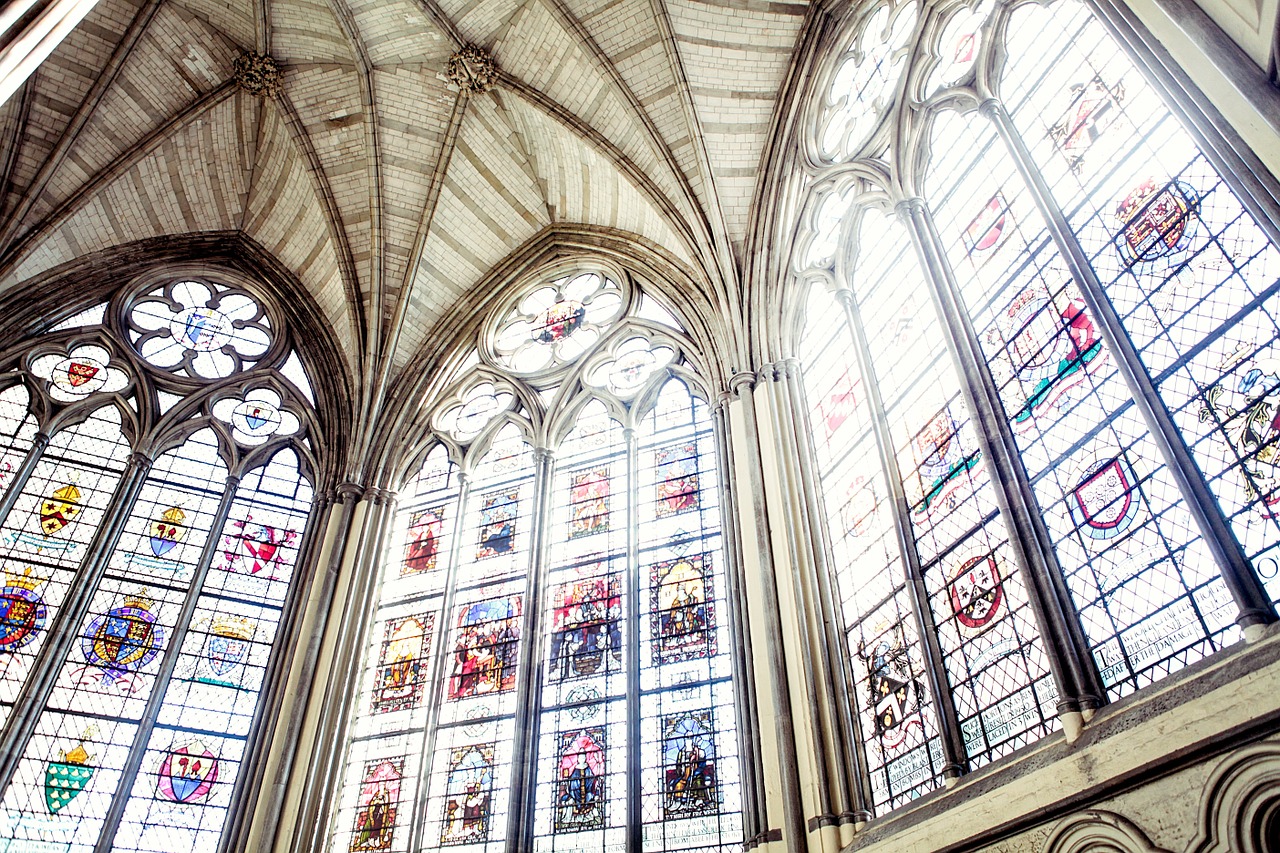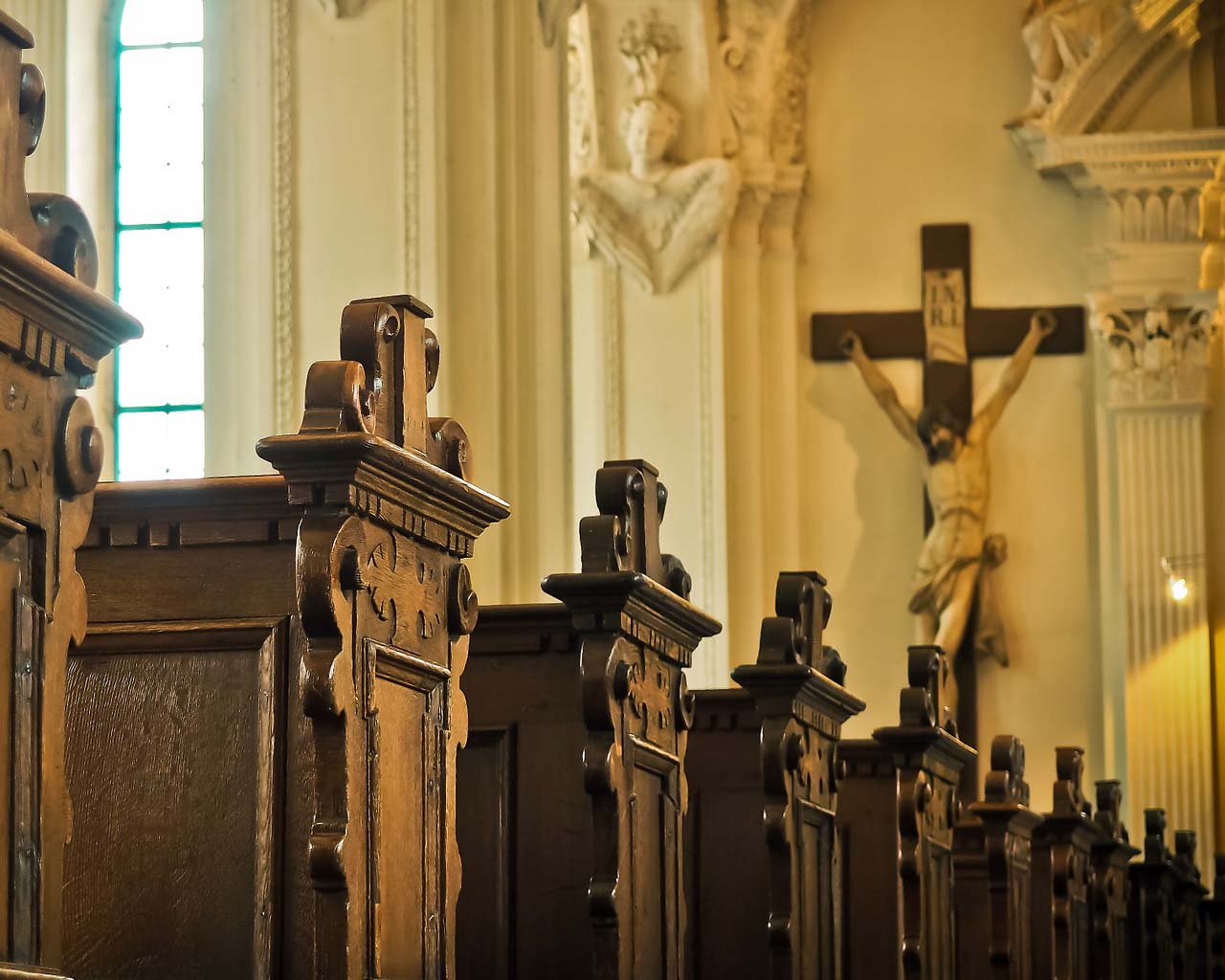
You see them in art, though you may not know their names. The Helpers were a collection of saints from antiquity popularly invoked in 14th century Germany. These individuals weren’t linked by history or geography; like, say, Saint Charles Lwanga and companions, martyred together in Uganda. The Holy Helpers became an established set during the Black Plague epidemic of Europe—since, presumably, the more intercessors you have against plague, the better.
Alphabetically, the Fourteen Holy Helpers are: Achatius, Barbara, Blaise, Catherine of Alexandria, Christopher, Cyriacus, Denis, Erasmus, Eustachius, George, Giles, Margaret of Antioch, Pantaleone, and Vitus. Only half the saints on this list are passably familiar today.
The symptoms of plague influenced the selections for this club. A plague victim could expect the following: blackened tongue, parched throat, violent headache, fever, and boils on the abdomen. Victims became delusional and died within hours. The furious onset of plague made it unlikely the afflicted would have final sacraments. Just another reason to have the Holy Helpers in your corner.
The chaos that plague evoked was comprehensive. Animals died, whole towns perished, the social order collapsed. So why not invoke Saint Blaise, still acclaimed for his work on ills of the throat; or Saints Achatius and Denis, both patrons of headache sufferers? Saint George protected domestic animals, and Saint Erasmus guarded abdominal health. Saint Eustachius was good for family trouble, and Saint Giles the go-to guy for plague and a good confession. Saints Barbara, Catherine, and Christopher were patrons in instances of sudden death. In addition Christopher, the traveler’s saint, also warded off plague.
Just for good measure, Saint Pantaleone protected physicians, and Saint Margaret promised safe childbirth. Since Saint Vitus is the patron of epileptics, it appears plague victims’ eventual irrationality was lumped in with the symptoms of another disorder poorly understood. The most curious name on the Helpers list is Cyriacus, invoked against temptation. In times of epidemic, looting was rampant and desertion by family members common. One might well be tempted under such conditions.
While the Fourteen Holy Helpers still have a following in Europe, only one parish in the United States is named for their contribution today. We might wonder: if we were to choose a pack of saints as guardians for our times, who would those helpers be?
Scriptures: Psalm 27; Romans 8:18-27; Hebrews 5:7; 7:25; Ephesians 6:18; James 5:13-18
Books: The Fourteen Holy Helpers, by Bonaventure Hammer, OFM (TAN Books, 2009)
Fearless: Stories of the American Saints, by Paul Boudreau and Alice Camille (Franciscan Media, 2014)



